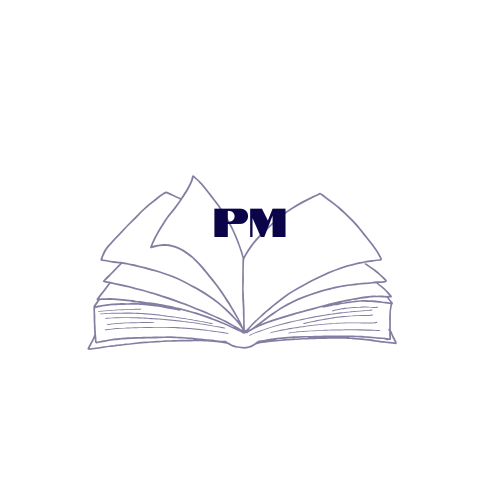The shift to remote work has transformed the way projects are managed across industries. With teams now dispersed across different locations and time zones, project managers must adapt to new challenges and leverage innovative solutions to ensure efficiency, collaboration, and productivity. This guide explores how remote work is changing project management and what professionals can do to succeed in this evolving landscape.
1. The Rise of Remote Project Management
Remote work has become the new normal, requiring project managers to rethink traditional workflows.
Key Trends:
- Distributed Teams: Project teams are increasingly global, requiring better coordination.
- Flexible Work Models: Hybrid and fully remote setups are becoming standard.
- Technology-Driven Management: Reliance on digital tools for communication and task tracking has increased.
Project managers must develop strategies to maintain productivity and engagement in remote settings.
2. Enhanced Communication and Collaboration
Effective communication is essential for managing remote teams and ensuring project success.
Best Practices:
- Use Digital Collaboration Tools: Platforms like Slack, Microsoft Teams, and Zoom facilitate seamless communication.
- Set Clear Communication Guidelines: Define expectations for response times and meeting protocols.
- Regular Check-Ins: Daily stand-ups or weekly syncs help align team efforts and progress.
Tip: Over-communicating is better than under-communicating in remote project environments.
3. Adoption of Cloud-Based Project Management Tools
Cloud technology enables remote teams to collaborate in real time and track project progress efficiently.
Recommended Tools:
- Project Tracking: Jira, Trello, and Asana for task and milestone tracking.
- Document Management: Google Drive and SharePoint for centralized document storage.
- Time Management: Toggl and Clockify for tracking work hours and productivity.
The right tools can significantly improve remote project coordination and visibility.
4. Managing Remote Team Productivity
Keeping remote teams productive requires structured workflows and clear accountability.
Strategies for Success:
- Define Goals and Deliverables: Set clear expectations for each team member.
- Encourage Time Management: Use productivity techniques like the Pomodoro method or time-blocking.
- Promote Work-Life Balance: Encourage employees to set boundaries to avoid burnout.
Tip: Trust your team and focus on outcomes rather than micromanaging daily tasks.
5. Overcoming Remote Work Challenges
While remote work offers flexibility, it also presents unique obstacles that project managers must navigate.
Common Challenges & Solutions:
- Lack of Face-to-Face Interaction: Use video calls to foster personal connections.
- Time Zone Differences: Schedule overlapping work hours for real-time collaboration.
- Maintaining Engagement: Organize virtual team-building activities to enhance morale.
A proactive approach to addressing remote work challenges leads to a more cohesive and motivated team.
6. The Role of Agile and Hybrid Project Management
Agile and hybrid methodologies are gaining popularity as they offer flexibility in remote work environments.
Benefits of Agile & Hybrid Models:
- Frequent Iterations: Agile sprints help teams adapt quickly to changing requirements.
- Continuous Feedback: Regular retrospectives improve workflow efficiency.
- Hybrid Approaches: Combining Agile with structured methodologies balances flexibility with organization.
Tip: Agile principles work well in remote setups by fostering transparency and quick decision-making.
7. Future Trends in Remote Project Management
Remote work will continue to shape project management practices in the coming years.
Emerging Trends:
- AI and Automation: AI-driven tools will streamline workflow and decision-making.
- Virtual Reality (VR) Collaboration: VR meetings may become more common for remote team interactions.
- Greater Emphasis on Well-Being: Companies will invest more in remote employee support and mental health initiatives.
Forecast: As technology advances, remote project management will become even more seamless and efficient.
Remote work is redefining project management by introducing new challenges and opportunities. Project managers must embrace digital tools, foster strong communication, and adapt methodologies to ensure remote teams remain productive and engaged. Stay ahead of remote project management trends by exploring new tools and methodologies that enhance virtual collaboration and team efficiency.

Leave a Reply